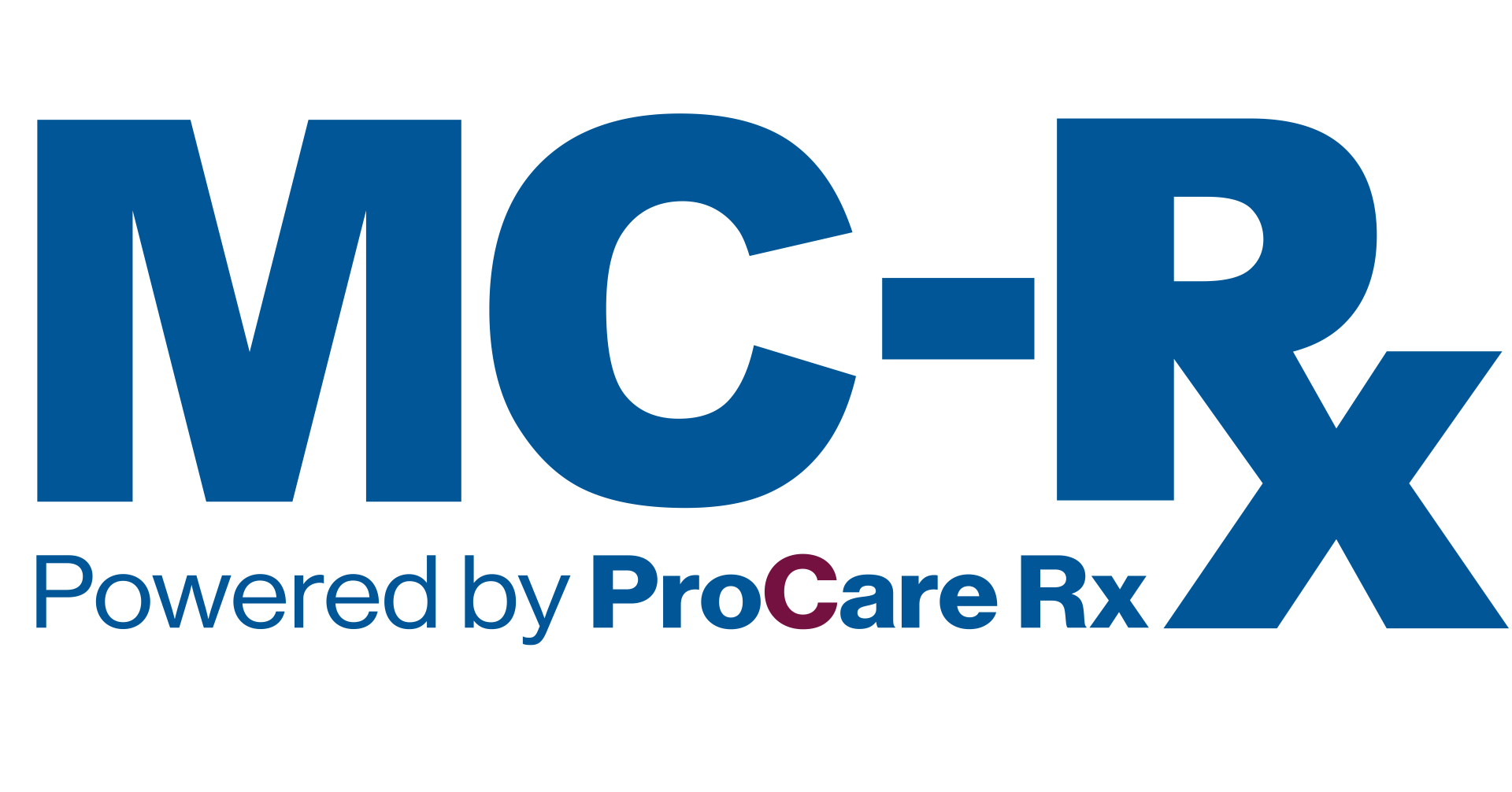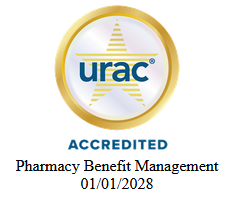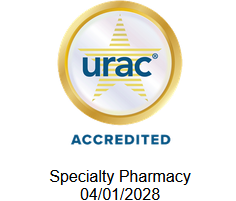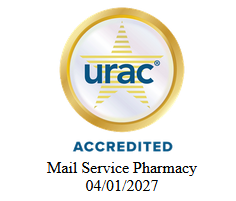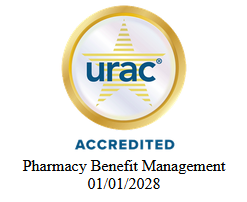What’s Going On With the FTC and PBMs?
A Message from Doyle Jensen, CEO, Enterprise Business Development, ProCare Rx

The Federal Trade Commission (FTC) and Congress have officially put pharmacy benefit managers (PBMs) on notice. Through separate investigations, the two regulating bodies are reviewing various PBM practices, including potential rebate schemes. Let’s take a closer look at what this could mean for PBMs.
The Connection with Health Plans
PBMs work with health insurance companies and pharmacies to help control drug spend. The PBMs essentially act as a middleman, negotiating rebates, creating drug formularies, and reimbursing pharmacies for patients’ prescriptions.
This relationship can influence what drugs are prescribed, which pharmacies patients can use, and how much patients pay for their prescriptions.
The Investigation
The FTC believes some PBM rebate practices could be preventing fair and needed competition in the industry by blocking access to competing lower-cost drugs with:
- Fees and clawbacks charged to unaffiliated pharmacies
- Methods to steer patients toward pharmacy benefit manager-owned pharmacies
- Potentially unfair audits of independent pharmacies
- Complicated and opaque methods to determine pharmacy reimbursement
- The prevalence of prior authorizations and other administrative restrictions
- The use of specialty drug lists and surrounding specialty drug policies
- The impact of rebates and fees from drug manufacturers on formulary design and the costs of prescription drugs to payers and patients
As part of their investigation, the FTC issued compulsory orders to six of the largest PBMs and two group purchasing organizations (GPOs) that would require them to provide information and records on their practices negotiating drug rebates on behalf of PBMs.
As far as Congress, efforts are being taken to dispel hidden practices with the Pharmacy Benefit Manager Transparency Act of 2023. This would require PBMs to report formulary changes, reimbursement rates, and clawbacks to the FTC each year to further identify ways to reduce prescription drug prices for patients.
An Inside Look into MC-Rx’s Practices
While we weren’t asked by the FTC or Congress to share our specific practices with them, we’d
like to share our practices with you.
MC-Rx, powered by ProCare Rx, has a member-first philosophy that is built on four pillars: ingenuity, integrity, innovation, and information. These are at the forefront of everything we do.
As one of the only direct-source PBMs in the industry, our proprietary technology allows you to see the complete life of a claim. With direct system access, there’s no practice, rebate, or formulary that goes overlooked or unseen. That’s because only direct-source PBMs have wholly owned systems, wholly owned pharmacy contracts, and wholly managed rebate contracts.
We believe in benefit integrity, which is why we offer an unbiased, monthly transparent rebate structure that boasts an industry-leading yield. But that’s not all. As an MC-Rx client, whenever you might have a question or need a closer look at something, you have instant access to a dedicated account manager and a 24/7/365 customer support team. We’re always glad to walk you through our processes, with complete transparency -- anytime.



